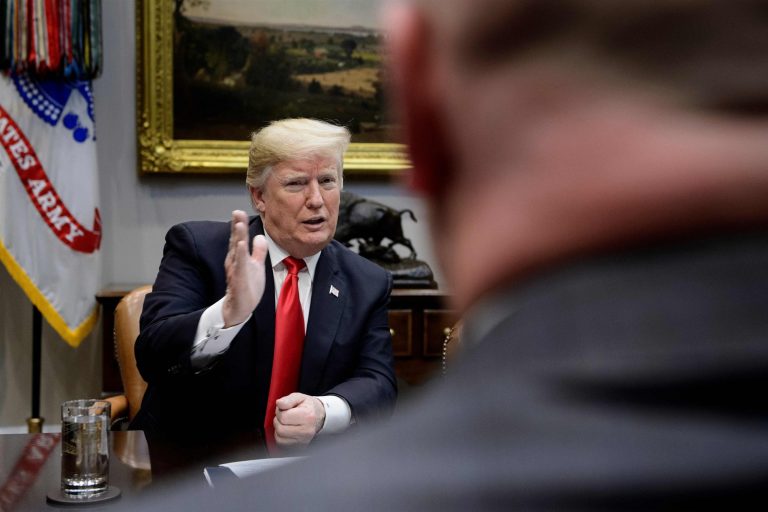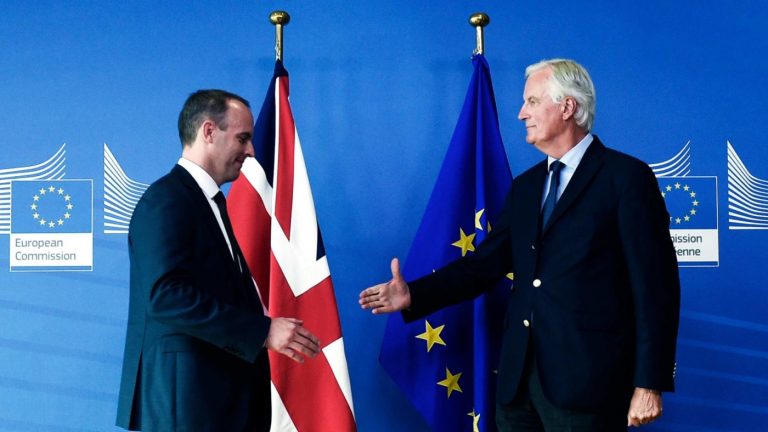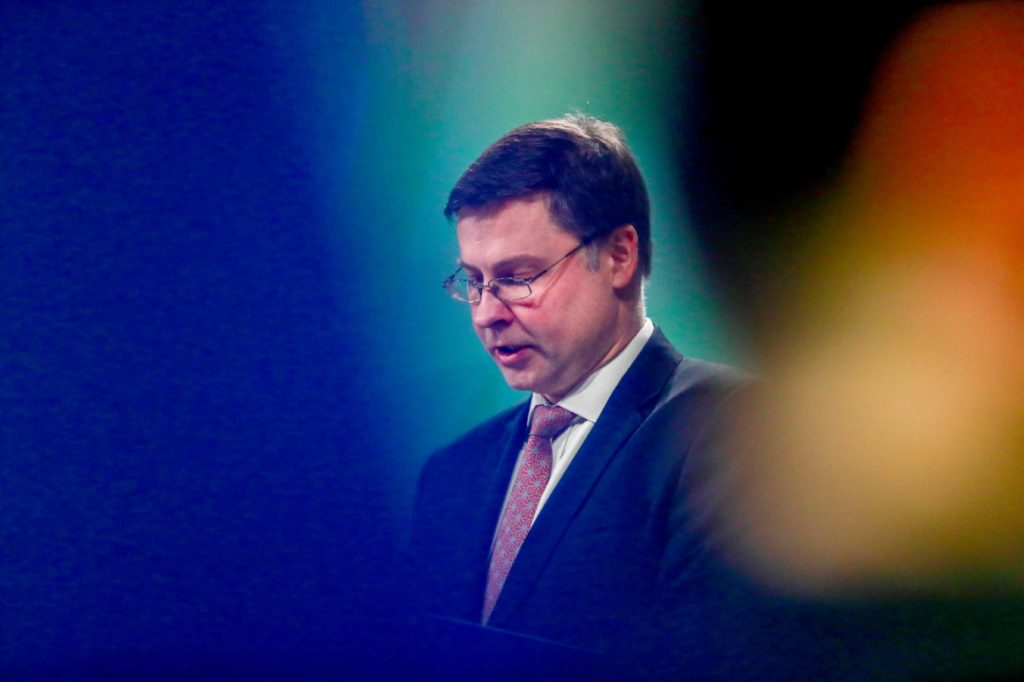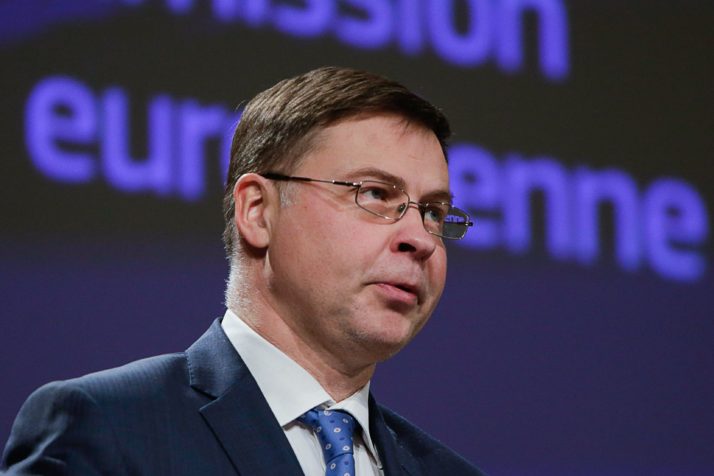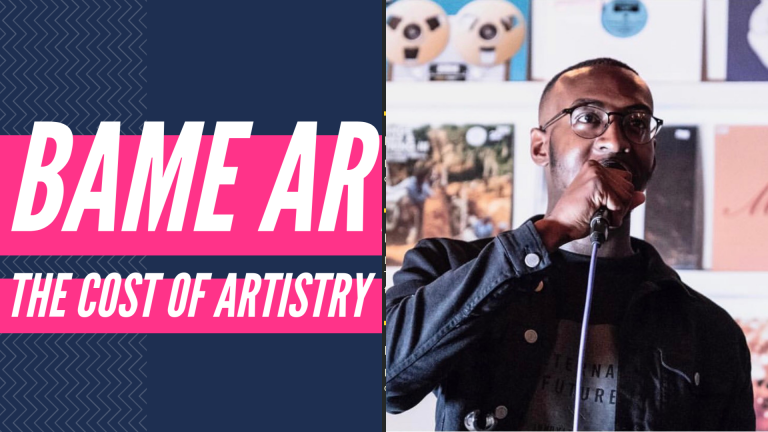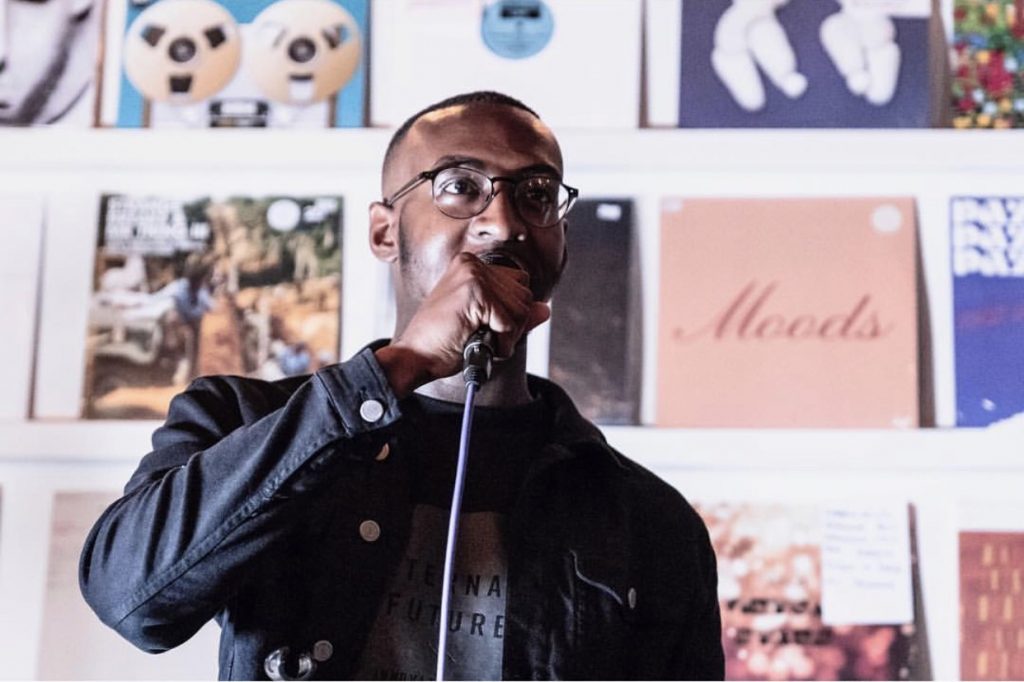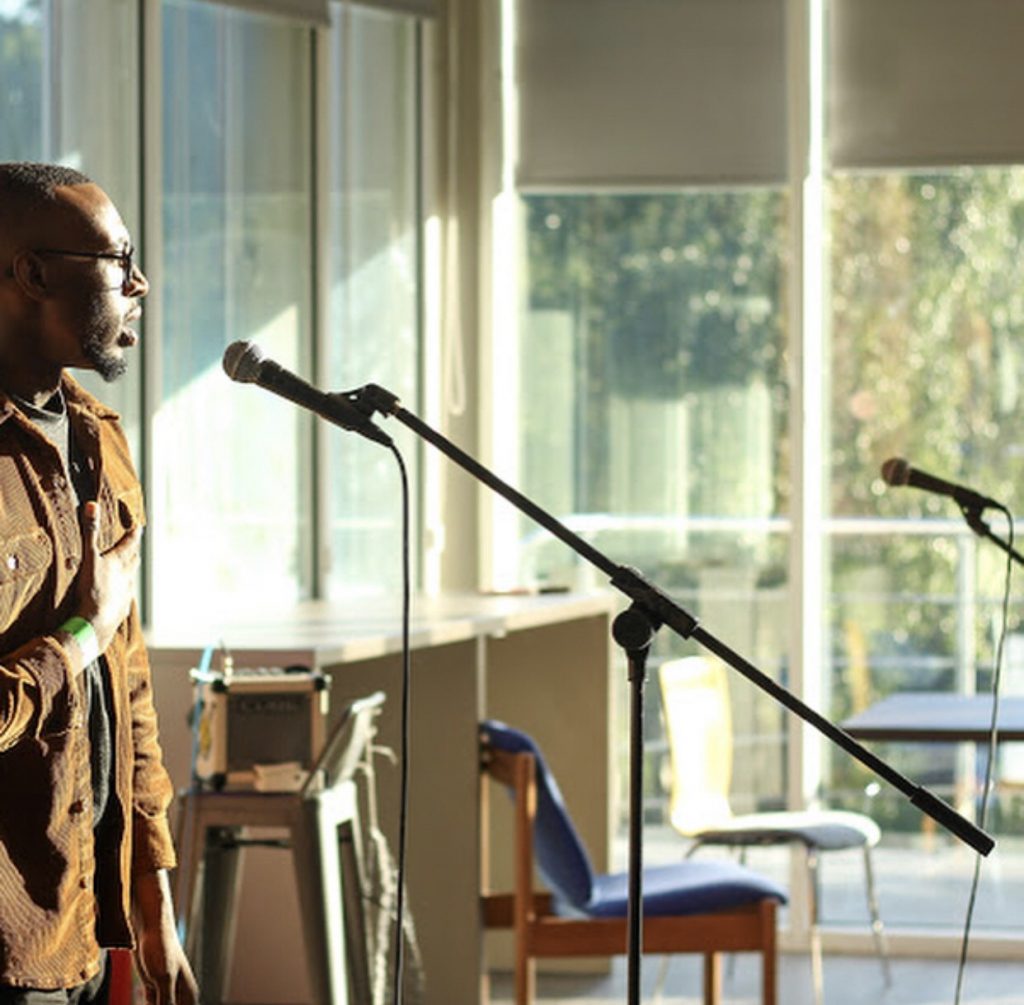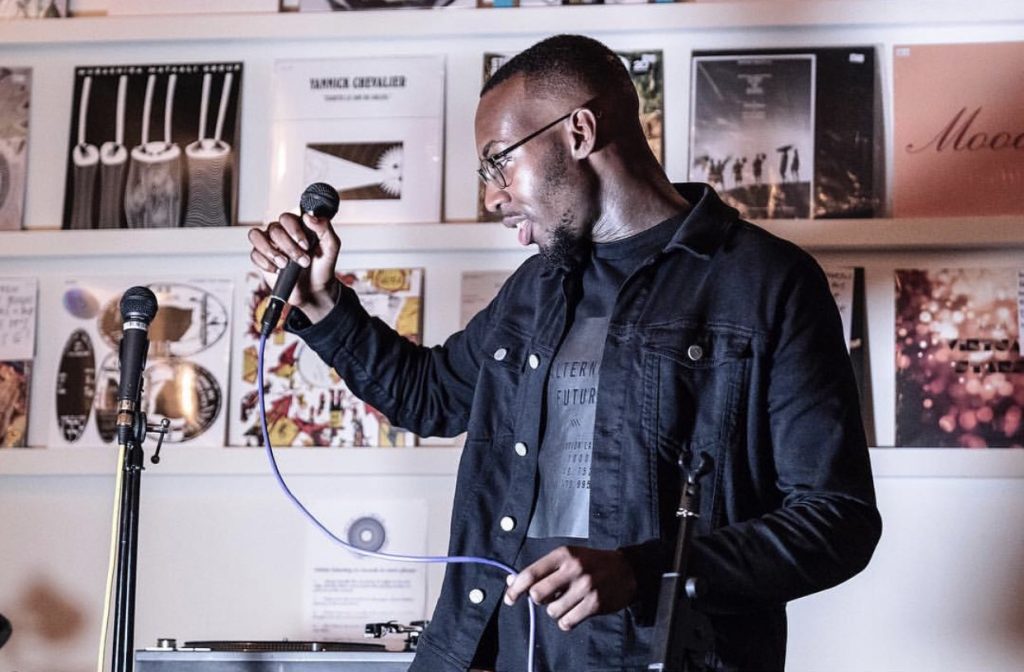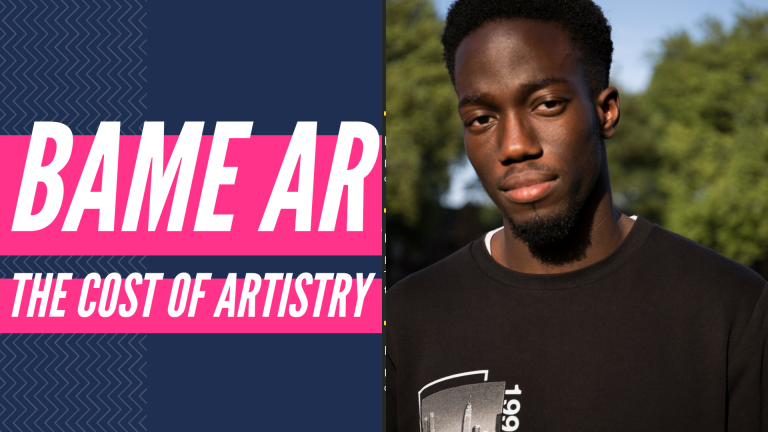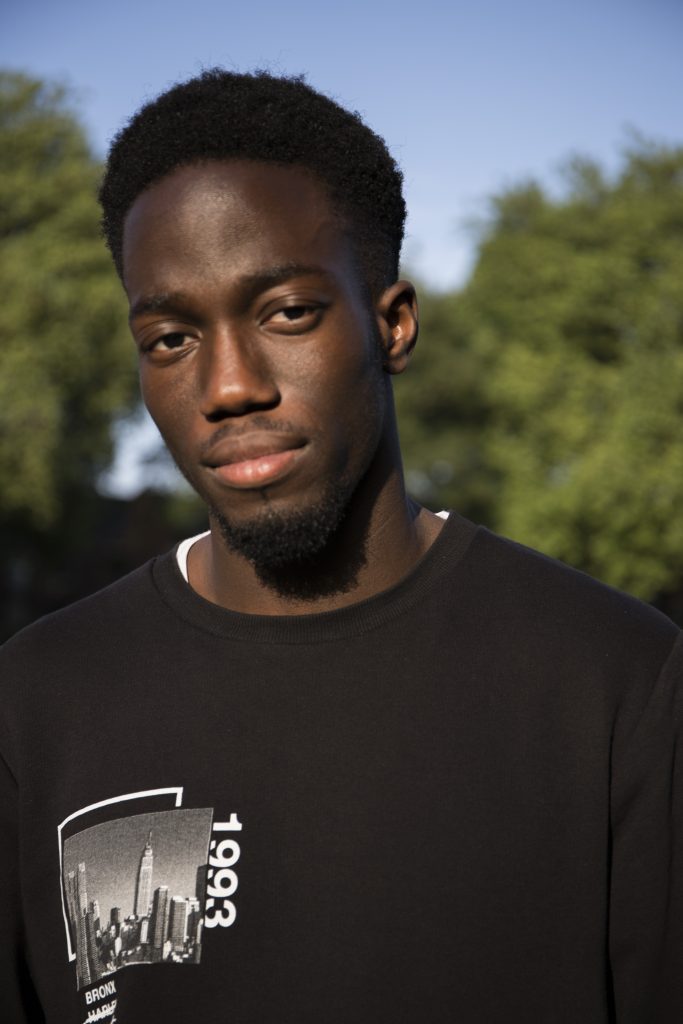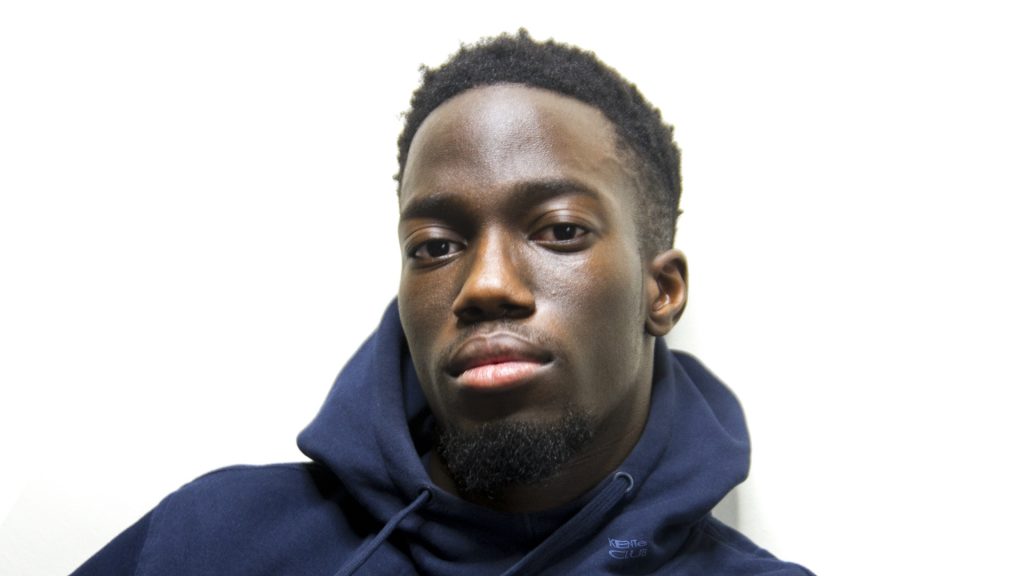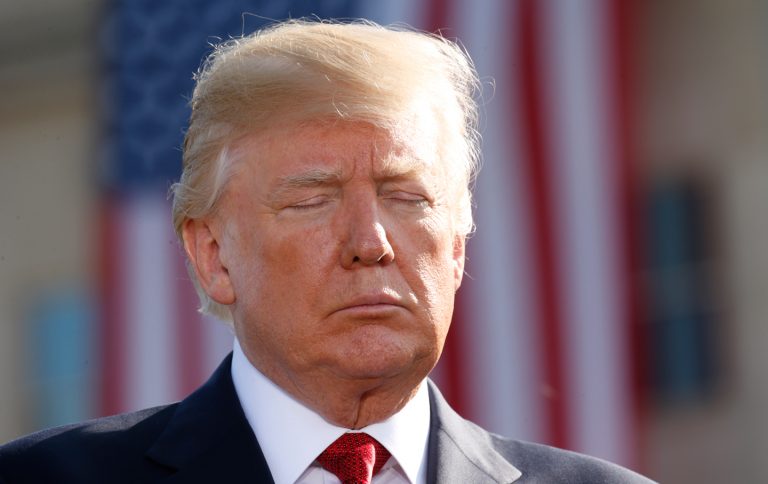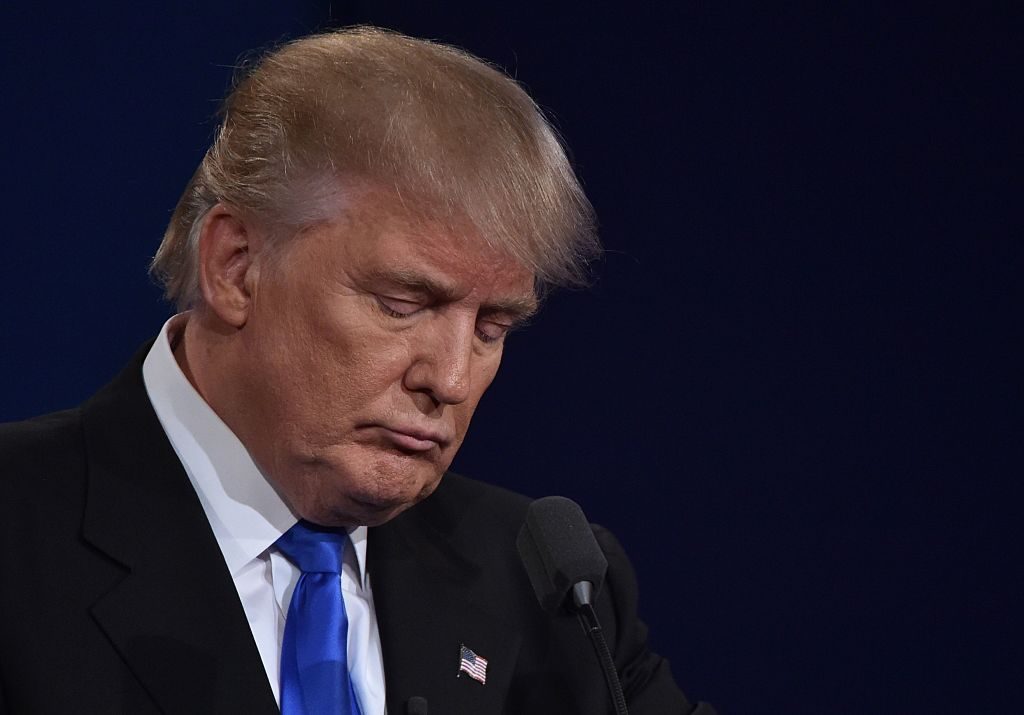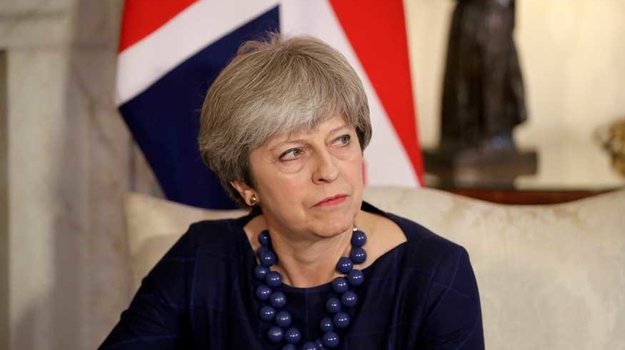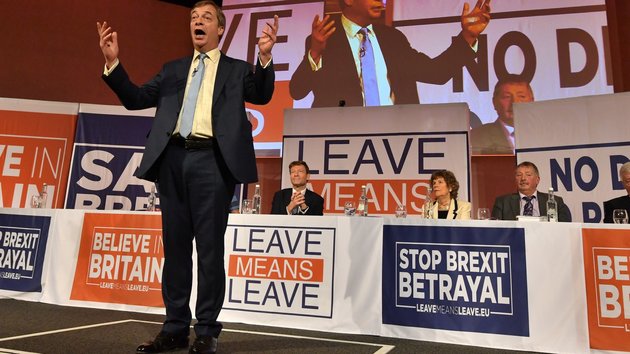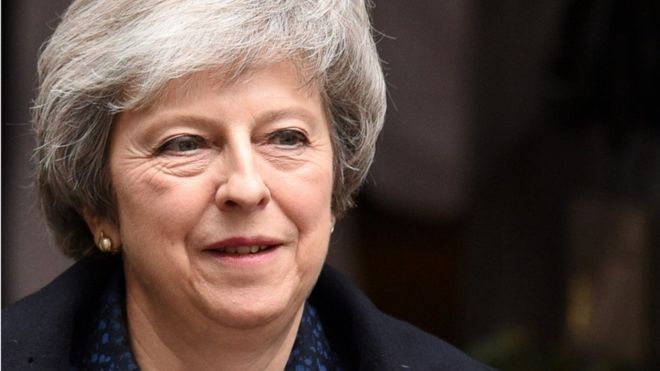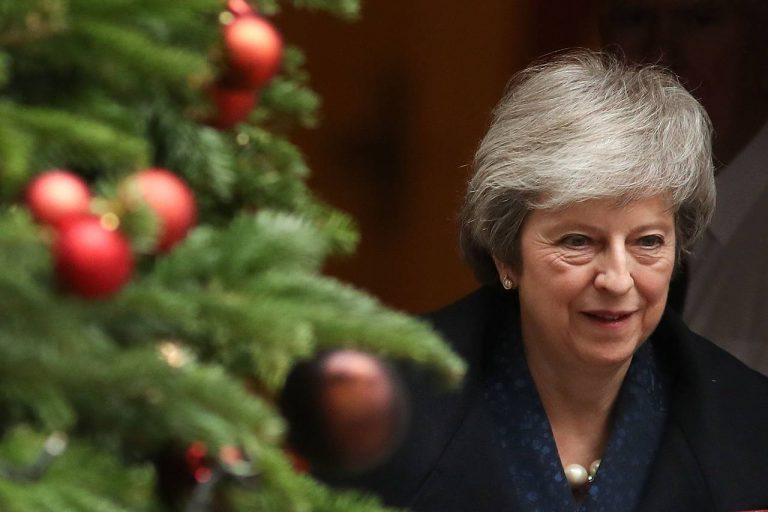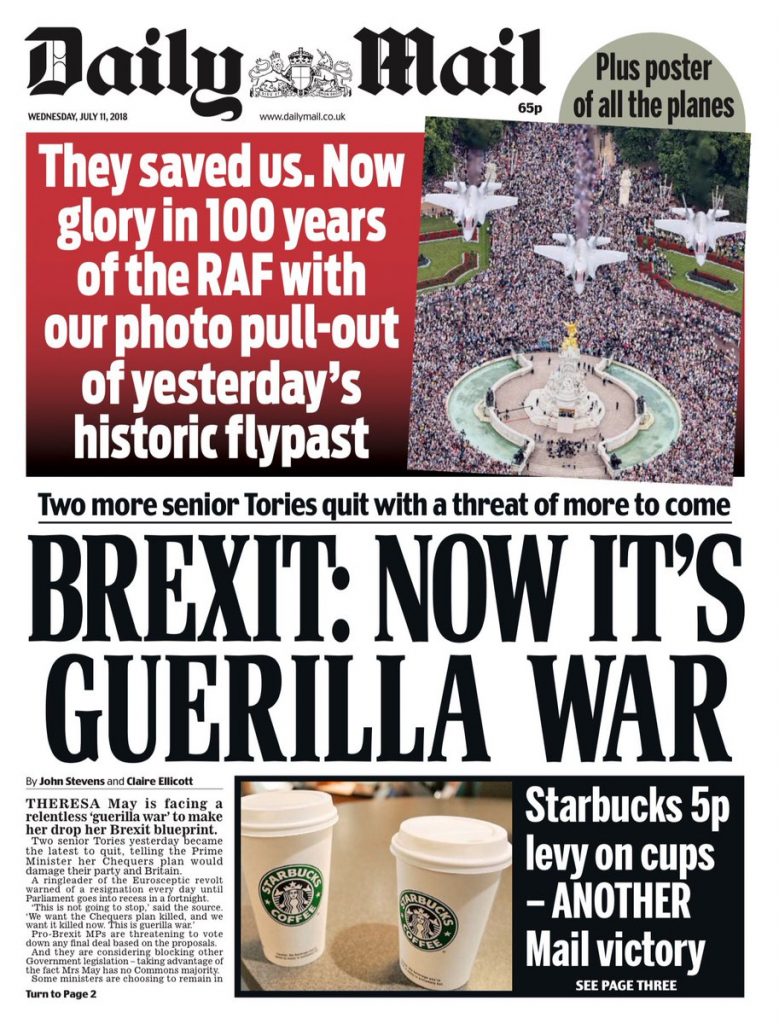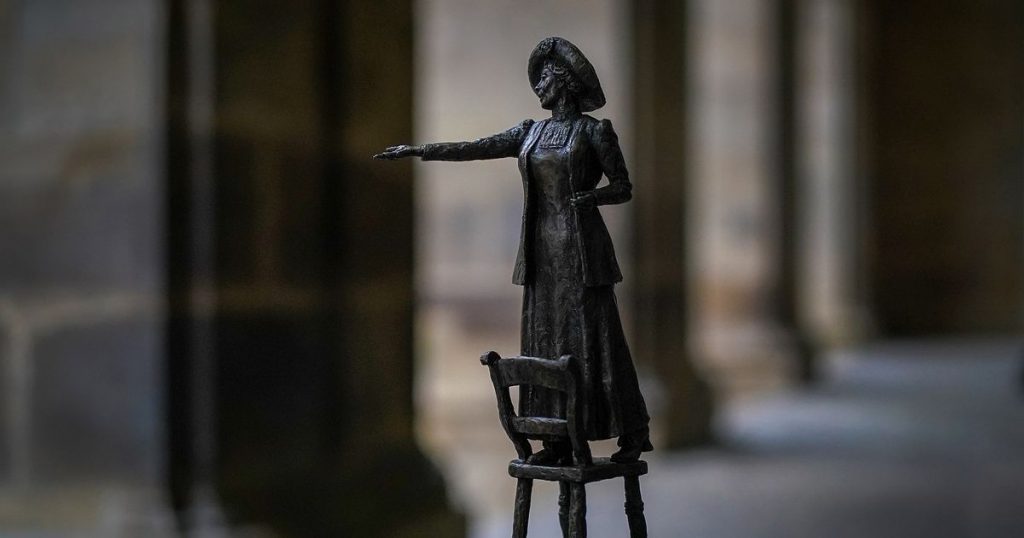With tax returns due by 31ST January for self-assessment for property income, CGT, Class 2 and 4 NICs , income and interest, are you familiar with the declarations in 2018/19?
Rental income has been affected in recent years with the April 2017 reduction of the tax relief claimable on mortgage-interest payments, applying to overdraft and loan (including furnishings’ loans) interest, as well as incidental mortgage repayment and arrangement fees, costs and loans.
Rental income extends to payments by tenants for furniture use, communal cleaning, hot water, heating and repairs, alongside other services provided.
From this pre-tax income, you can deduct what you have paid for buildings insurance, contents insurance, repairs, utility costs (water bills and council tax), services to clean communal areas, ground rents and service charges, advertising costs, letting agents’ fees and accountants’ fees.
You can also deduct for part-expenses “If a definite part of a cost expense incurred wholly and exclusively for the property business”, according to Gov.uk. If a property is used for private purposes for 3 months and commercially let for 9 months, then only 9/12 months mortgage interest can be deducted from the rental income.
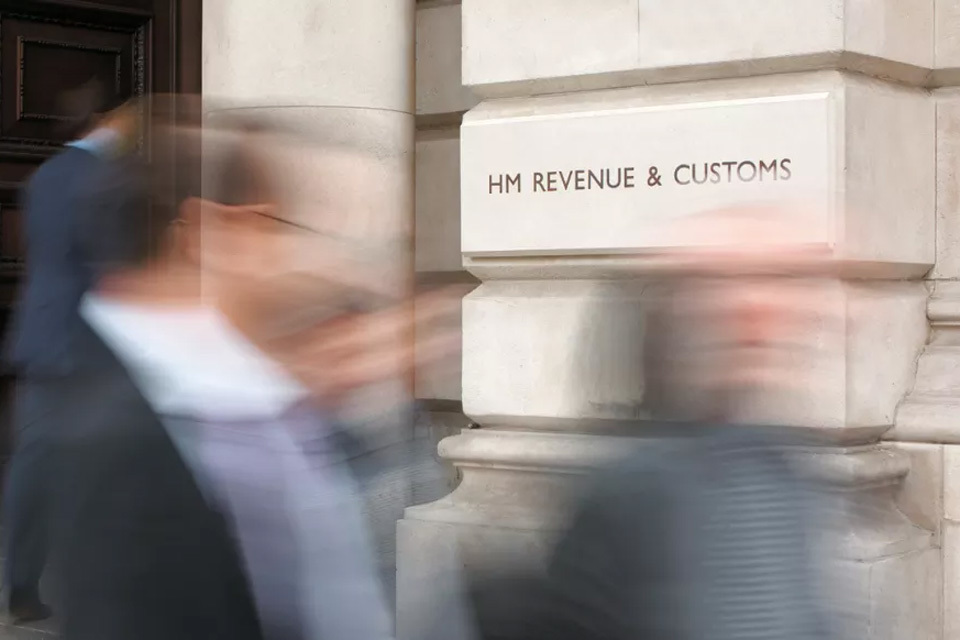
2017-18 tax year allows you to deduct 75% of financing costs from rental income, with the remaining 25% qualifying for basic-rate relief.
This falls to 50% 50% 2018-19, 25% 50% 2019-20 and 0% to 100% from 2020-21.
You cannot deduct capital expenses from your income. This includes home improvements like an extension built or a new bathroom – these can, however, be used to cutting the capital-gains tax bill when you come to sell.
Even though the 10% wear-and-tear allowance can no longer be claimed, you can claim the “replacement of domestic items relief” (RDI) if you replace moveable furniture, for example, beds, free-standing wardrobes; furnishings, such as curtains, carpets, linens, floor covers; household appliances like televisions, fridges, freezers and kitchenware, e.g. crockery and cutlery.
Replacements must be like-for-like, and you can also claim for disposal costs. Note that this is available in all properties, not just those that are fully furnished.
Only expenses incurred from 6TH April 2016 can RDI relief be applied for Income Tax purposes.
Unlike Wear and Tear allowance, RDI relief can apply to unfurnished, part or fully furnished dwellings. Expenses must be incurred on purchase on the replacements, not originals, and solely for use of tenants.
The new item must be like-for-like. For instance, changing the functionality from a sofa to sofa bed means the replacement isn’t substantially the same. If there is a difference in price, this is then not allowable.
Synthetic to woollen carpets is not substantially the same as the old item – it is an improvement and not deductible.
Old items can be sold or part-exchanged for the new; with the allowable deductions the cost of the new item, incidental disposal costs and amounts received on disposal of the old item.
Rent-a-Room-Relief
Rent-a-room-relief doesn’t require a record of expenses if you don’t intend to claim them under the scheme. From 6TH April 2016, if the rent you receive is more than £7500 (£3750 per joint owner) you can opt to pay tax on your profit in the normal way by deducting your expenses from the rent received.
Losses arise when allowable expenses exceed rental income. This can only offset profits arise in the same rental business in future years. Multiple property expenses and income are collectively assessed, with the exception overseas property or furnished holiday lettings.
Uncommercial lets to friends or relatives for reduced rents means expenses can only be deducted up to the amount of the rent received for that property. Relief for losses is only available if the loss arises from commercial letting. Profits or losses aren’t made, so excesses cannot be carried forward to later tax years.
HMRC can charge penalties if records are inaccurate, incomplete, illegible or missing and for inaccurate tax returns.
Rent books, receipts, invoices, bank statements and mileage logs (for journeys that are solely for your property business purposes).
For further information, head to Gov.uk for Rent-A-Room-Relief for a room in your home.
For renting out properties as an individual follow this link.
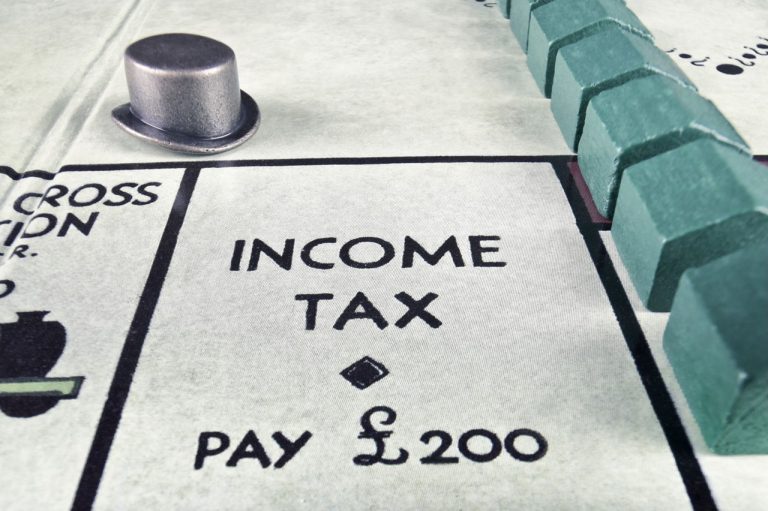
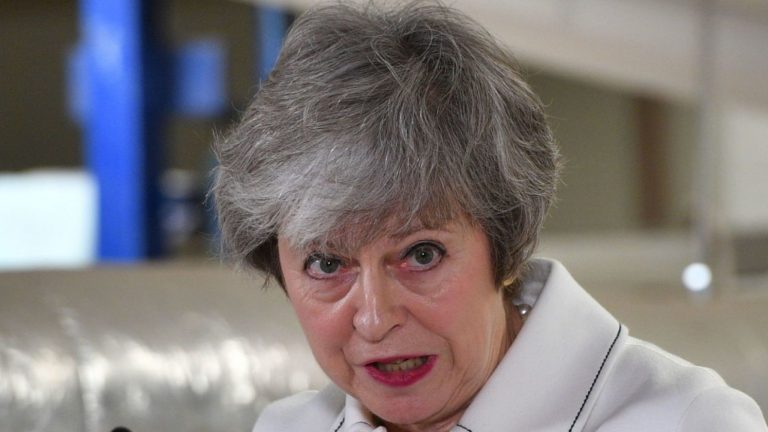
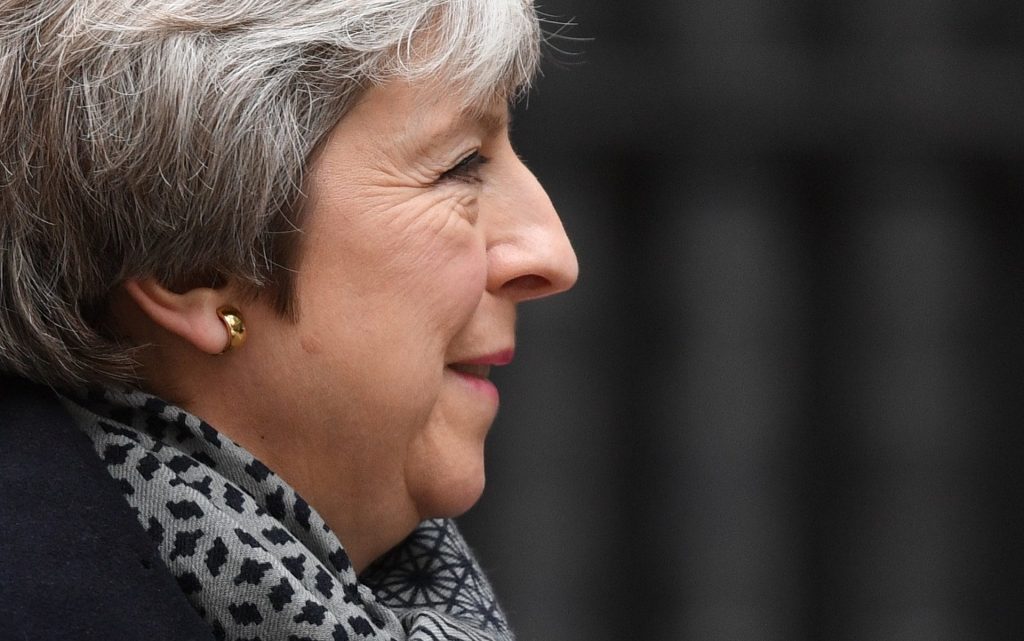
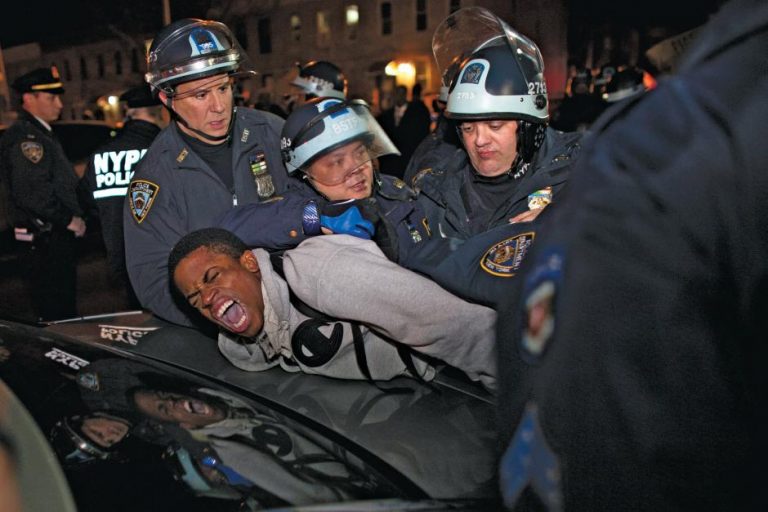
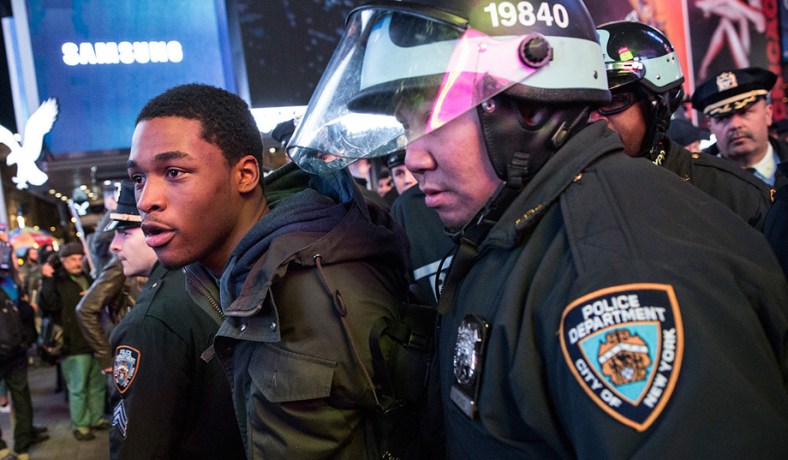
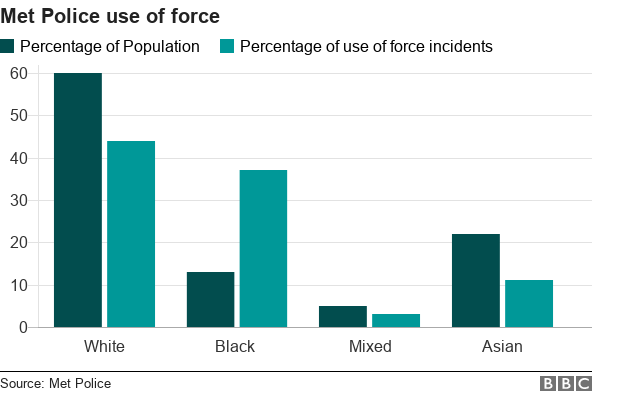
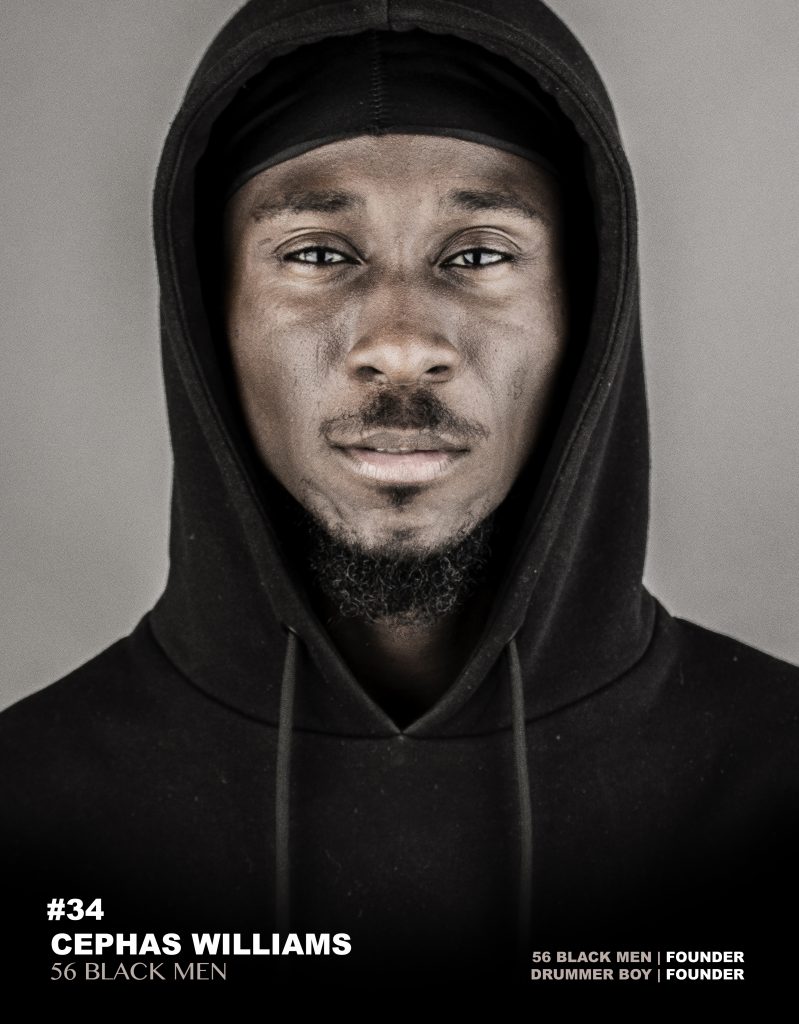
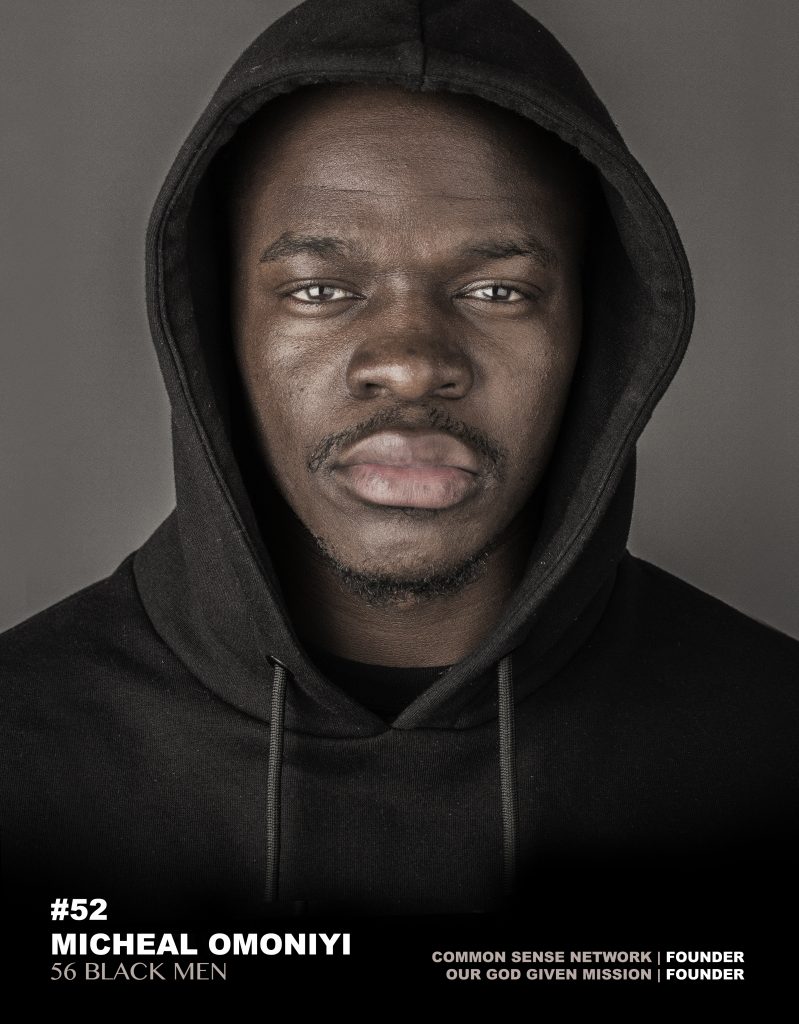
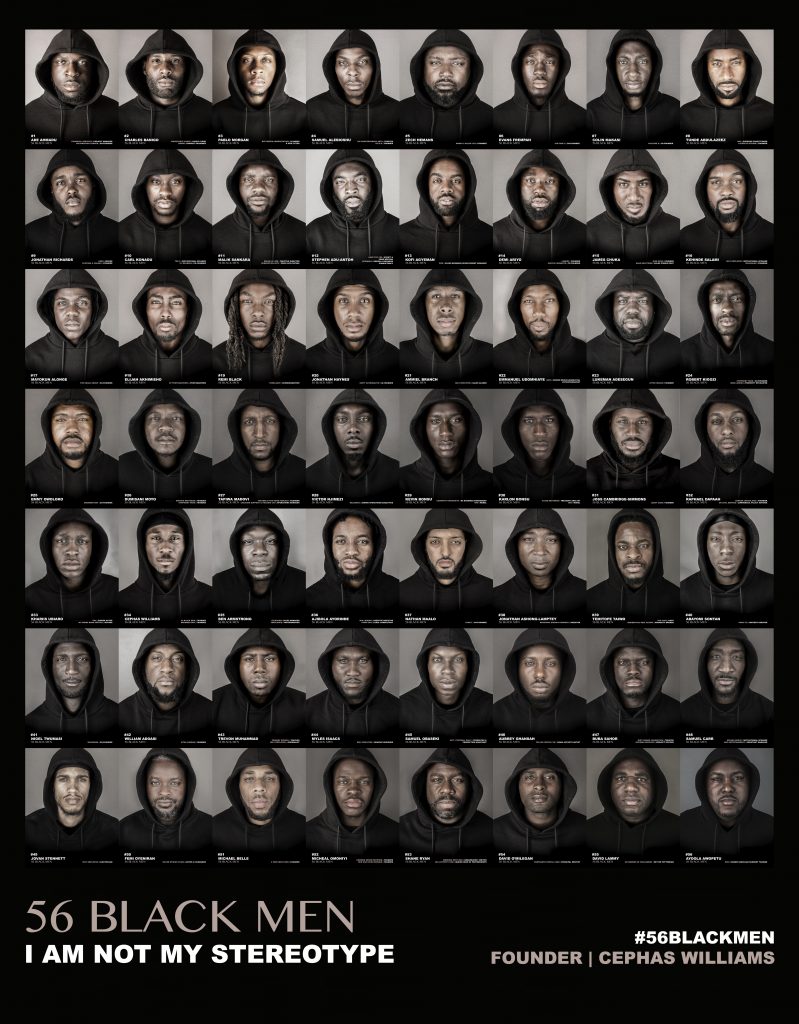
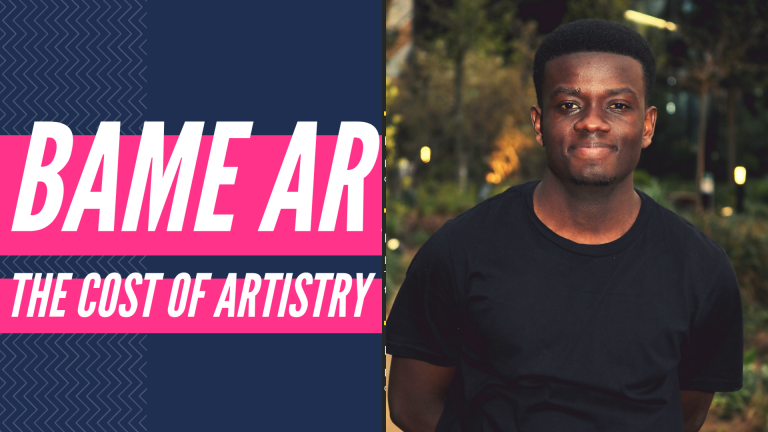
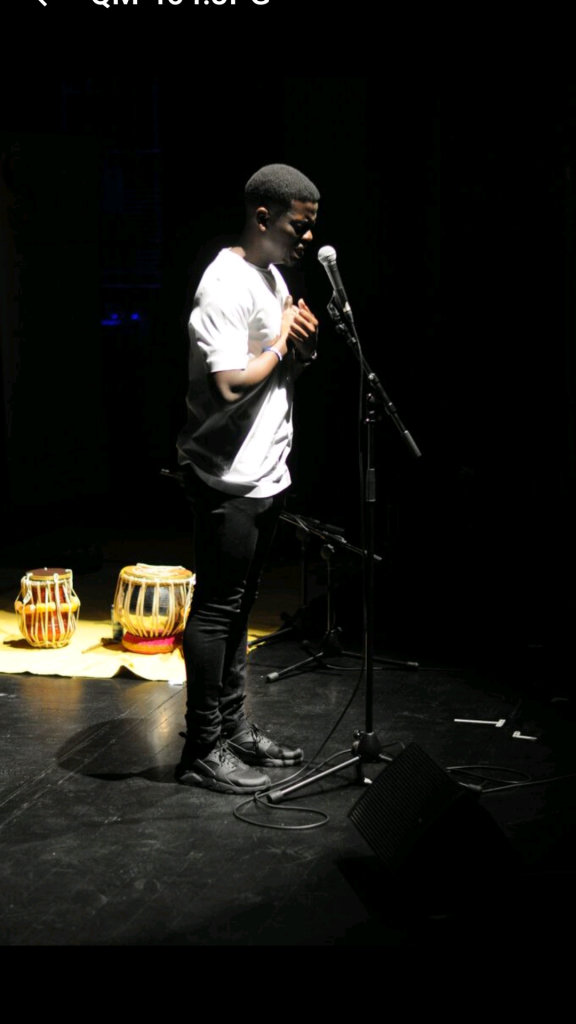




 #lovealwayswins #4kira4moms #Repost @marchformoms with @get_repost ・・・ And it IS now Authorized, H.R. 1318! In the evening, without major media and few aware, a bill was signed. A bill that for the first time recognizes the rising rate of maternal death, rates higher than any other high-income country, and is a FIRST step to prioritizing moms. We’re just getting started. #marchformomsla
#lovealwayswins #4kira4moms #Repost @marchformoms with @get_repost ・・・ And it IS now Authorized, H.R. 1318! In the evening, without major media and few aware, a bill was signed. A bill that for the first time recognizes the rising rate of maternal death, rates higher than any other high-income country, and is a FIRST step to prioritizing moms. We’re just getting started. #marchformomsla